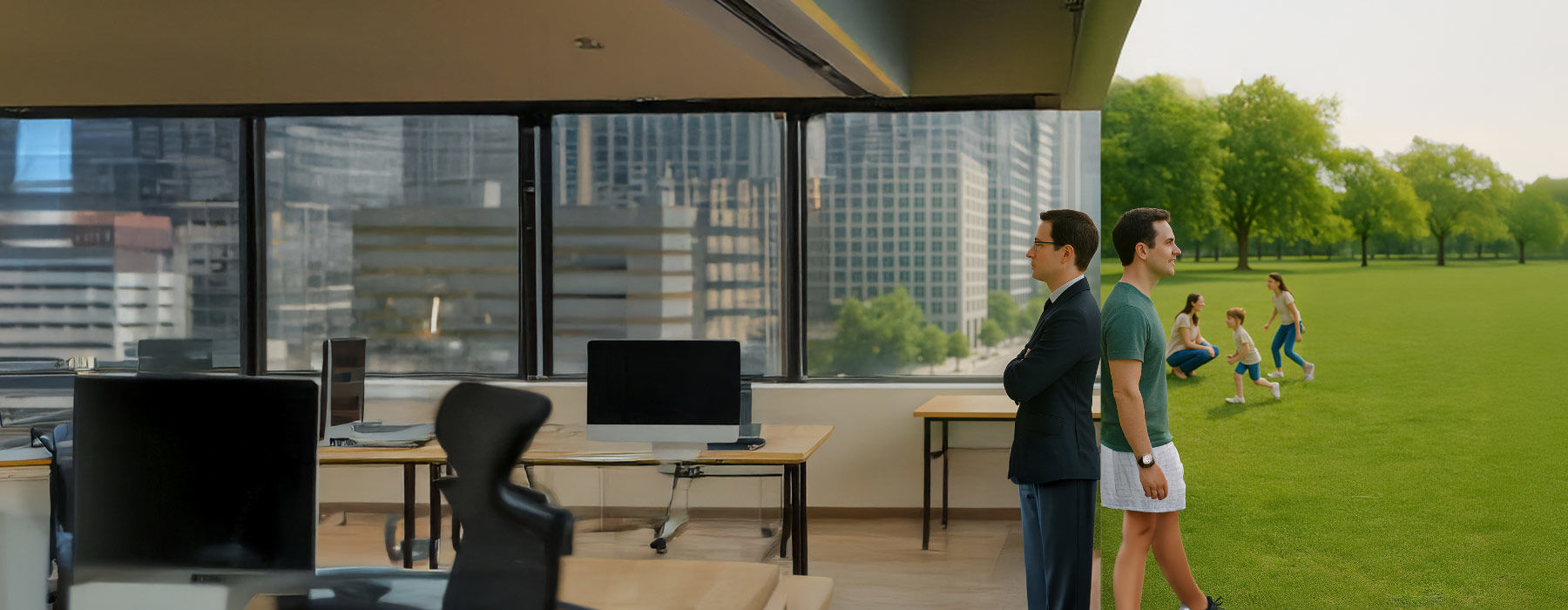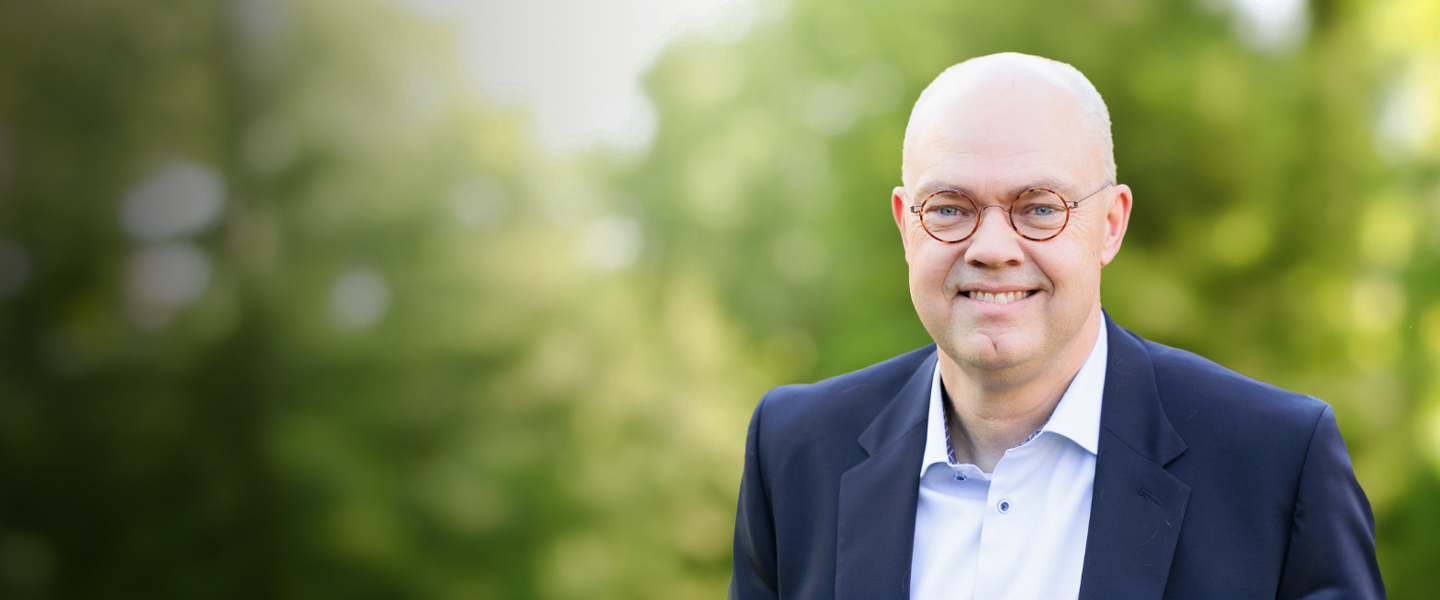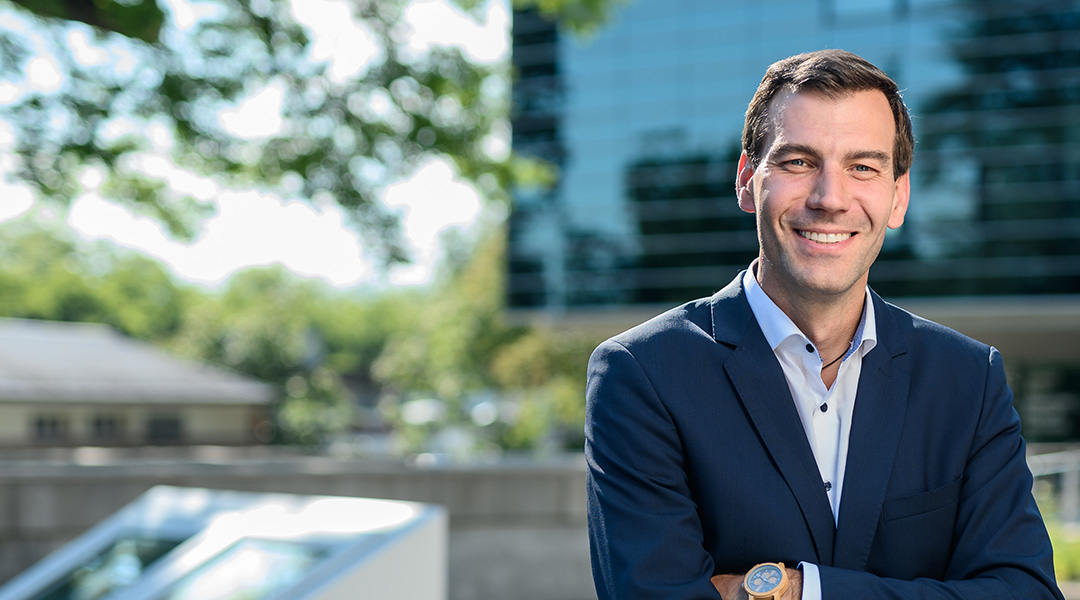Odebrecht: Dreaming the client’s dreams
SALVADOR DA BAHIA – BRAZIL. When Marcelo Odebrecht took over executive control of Odebrecht in 2009, he knew that he would have to light his own beacon for the firm. The company, launched in 1944 and still family-controlled, exhibited a strong entrepreneurial empowerment culture rooted in the life and business philosophy of the founder Norberto, Marcelo’s grandfather. This meant he could involve and rely on the support of major entrepreneur-partners of the firm in defining ambitious yet reachable targets for the firm. Vision 2020 aimed to achieve annual revenues in excess of $200 billion by offering innovative integrated solutions to major global challenges such as the availability of water, energy and infrastructure. To “dream the client’s dreams,” the plan required over 200,000 new employees worldwide, united by a common entrepreneurial bond. Such projections would have sounded extravagant for any other firm; for Odebrecht, these were simple linear extrapolations of the company’s performance over the last 10 years, during which the firm grew its revenues at an annualized rate of over 21%… Odebrecht also aspired to become a model of sustainable development and socio-environmental responsibility. For this, it could already rely on its massive investments in “green” plastics and ethanol production facilities. It also rallied behind a colossal hydroelectric project, pioneering CSR practices and novel turbine and dam technology to reduce the impact of such facilities on sensitive Amazon ecosystems. These investments set the tune for the firm in the second decade of the century. For Marcelo, the issue was how to translate the vision into “a dream with a deadline.” Could he depend on the old recipes for growth? Were historical clients the right ones going forward? Would the forces and culture that had created the opportunities in the past support the future? Was Odebrecht ready to handle another massive bout of growth? As Marcelo assumed sole executive leadership for the $23 billion family business at the age of 42, he was aware of his responsibility and challenges. He knew he was expected to build on his forefathers’ successes, and they had set a very high bar for him, but he also knew he could rely on the entrepreneur-partners he inherited.
Managing growth, family business governance, succession, CSR, sustainable development, renewable energy, managing the value chain.
2010
Cranfield University
Wharley End Beds MK43 0JR, UK
Tel +44 (0)1234 750903
Email [email protected]
Harvard Business School Publishing
60 Harvard Way, Boston MA 02163, USA
Tel (800) 545-7685 Tel (617)-783-7600
Fax (617) 783-7666
Email [email protected]
NUCB Business School
1-3-1 Nishiki Naka
Nagoya Aichi, Japan 460-0003
Tel +81 52 20 38 111
Email [email protected]
IMD retains all proprietary interests in its case studies and notes. Without prior written permission, IMD cases and notes may not be reproduced, used, translated, included in books or other publications, distributed in any form or by any means, stored in a database or in other retrieval systems. For additional copyright information related to case studies, please contact Case Services.
Research Information & Knowledge Hub for additional information on IMD publications
In today’s boardrooms, two themes dominate: rapid technological advancement and the growing urgency of environmental accountability. But a new source of competitive advantage is emerging, not from A.I. or sustainability alone, but from the deliber...
Research Information & Knowledge Hub for additional information on IMD publications
Research Information & Knowledge Hub for additional information on IMD publications
in I by IMD
Research Information & Knowledge Hub for additional information on IMD publications
Research Information & Knowledge Hub for additional information on IMD publications
Research Information & Knowledge Hub for additional information on IMD publications
Research Information & Knowledge Hub for additional information on IMD publications
Research Information & Knowledge Hub for additional information on IMD publications
Research Information & Knowledge Hub for additional information on IMD publications
in I by IMD
Research Information & Knowledge Hub for additional information on IMD publications
in I by IMD
Research Information & Knowledge Hub for additional information on IMD publications








